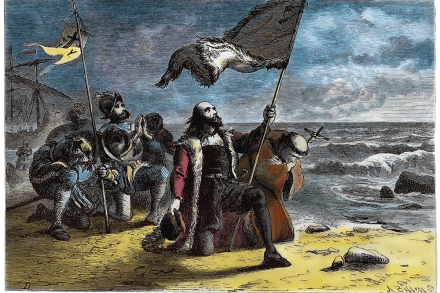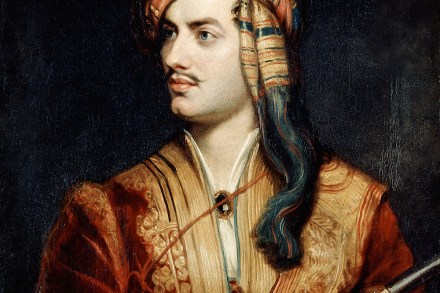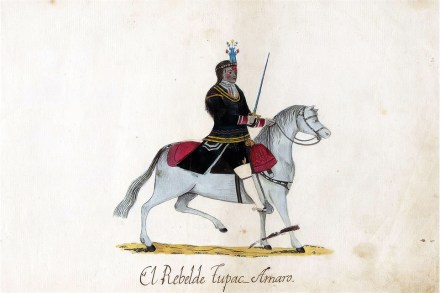North and South America have always been interdependent
In 1797, following a written plea for troops to counter an incursion by an American Revolutionary War veteran into Louisiana, Manuel Godoy, minister to the Spanish crown, made a note in the margin: No es posible poner puertas al campo (‘It is not possible to put up doors in a field’). Both literally and metaphorically, Spain could no longer defend the indefensible. In 2017, the 45th president of the United States signed an executive order to build a wall along the country’s Mexican border. Its construction, for which he perversely wanted Mexico to pay, was a practical and symbolic one. The United States was turning its back on Latin America.



